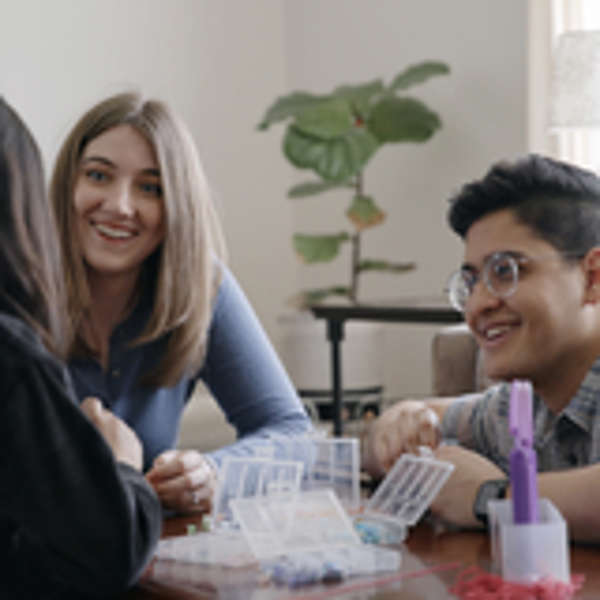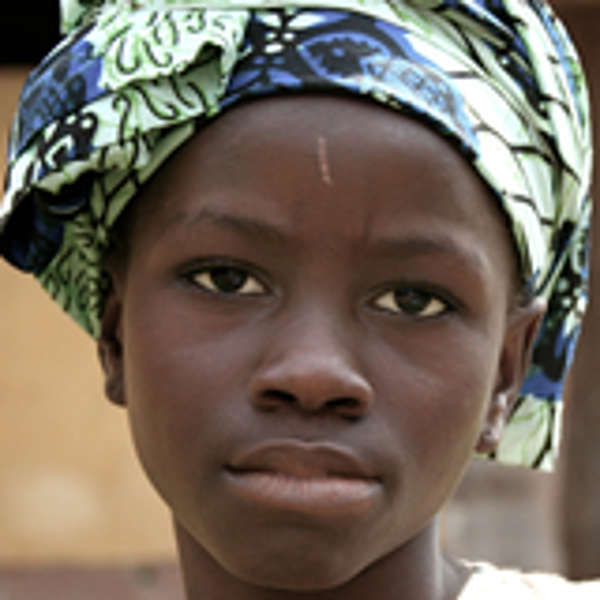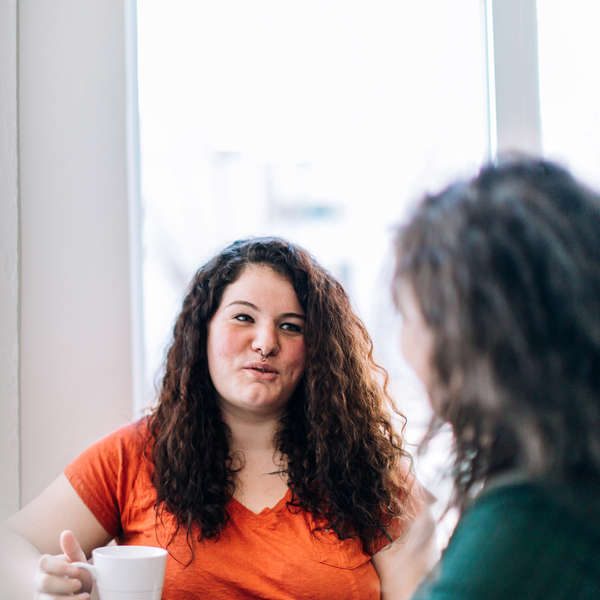Woman cares for children while living in refugee camp

Sometimes it’s easier to forget about what happened and instead focus on the present moment. Being displaced from one’s home country has its own challenges—and for some children and adults affected by trauma, the impact can have lasting effects.
Nyaring* knows.
Originally from South Sudan, Nyaring found safety in the Pugnido refugee camp in Ethiopia. The rest of her family was resettled in a nearby camp. Nyaring often walks to their camp for visits—and it was during one visit when Nyaring found four siblings, abandoned, with nowhere to go. She knew she couldn’t leave them alone.
Refugee children are particularly susceptible to abuse and exploitation including trafficking, forced labor, physical violence, and abandonment. That’s why we offer refugee programs focused on child protection—like trauma-focused mental health support and foster parent recruitment—around the world.
Nyaring decided to bring the children with her to the Pugnido camp. With Bethany’s help, she received training and support to become a foster parent provide them with the care they desperately needed.
“It was very difficult to make the children feel safe and comfortable,” Nyaring said. “It was hard for them to be social and accustomed to their new environment because of their previous experience.”
Nyaring learned about their experience with grief and neglect. They’d worried about their own survival.
It was a struggle for the kids to adapt to her home. Nyaring felt unable to help. Every day was hard. The youngest child, 6 months old when she came into Nyaring’s care, wasn’t eating well. Nyaring knew she needed a solution—for herself and her children.
Nyaring, along with six other foster parents, was the first to attend Bethany’s group training in Gambella, Ethiopia. Nyaring learned about alternative family-based care and received support from the group discussions with other foster moms—she found ways to minimize her levels of stress—and no longer felt alone. Applying coping techniques that she’d learned, Nyaring felt empowered to better care for the children.
“As adults and important caretakers in their lives, we need to be equipped,” Nyaring said. “We need to have the knowledge and skills to build resilience and strength so that our children can build bright and hopeful futures for themselves.”



